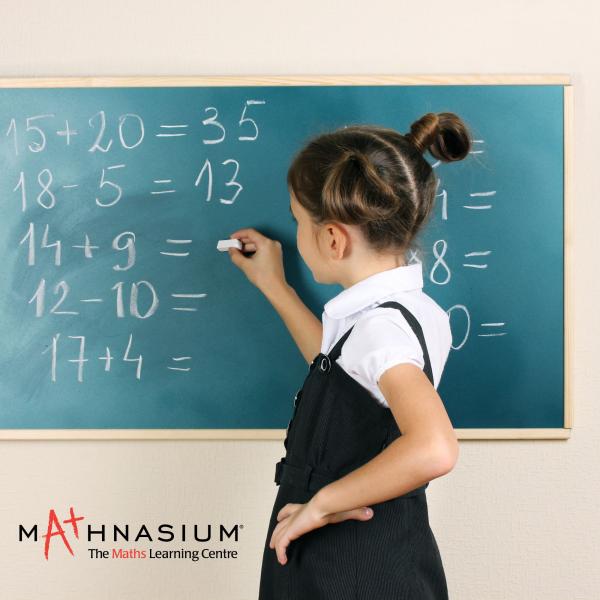Using Maths to Improve Important Life Skills
On the surface, maths may seem like it’s all about numbers and formulas. However, this versatile subject is about much more than just counting, adding, and subtracting. Discover why maths is more than numbers, and find out how it contributes to the development of valuable skills in problem solving, critical thinking, language, and developing STEM ready children.
Problem-Solving Skills
Even simple addition and subtraction problems are about more than reaching the right answer. Both simple and complex maths problems teach students important problem-solving skills that they can develop and refine to be used across a variety of settings and assist in growing the workforce of the future.
For example, complex word problems and algebra equations can help primary to high school students understand and solve puzzles. While most word problems do require a combination of adding, subtracting, multiplying, and dividing, they also ask students to think through problems carefully. They require students to puzzle over relationships between people, the timing of events, and distances between locations. They can also encourage students to approach problems from a variety of perspectives, developing strong critical thinking skills.
Language Skills
From textbooks and workbooks to the classroom, maths is a language-heavy subject. That means while students certainly learn how to execute calculations and manipulate numbers in maths class, they also learn invaluable language skills. Whether they’re reading through a word problem or listening to an instructor explain a new way to solve an equation, they’re improving their language skills in important ways.
Both primary and high school students also have the opportunity to learn essential vocabulary in maths class. Younger students may master the use of expressions, such as “less than” or “greater than,” while advanced students may learn entirely new vocabulary sets in geometry, algebra, or trigonometry.
Spatial Skills
For young students, learning basic spatial skills is an essential component of maths class and is crucial for success in STEM. Many students comprehend important concepts about space by drawing or building patterns, or discussing three-dimensional space aloud.
With appropriate instruction, students young and older can better recognise sequences, understand how objects fit into and move in space, and comprehend spatial relationships between people and things. Eventually, students will recognise patterns and manipulate them mentally instead of reconstructing them visually.
Wayfinding Skills
Wayfinding, or directional skills are some of the most important practical abilities that students develop through maths instruction. For many students, wayfinding is directly related to spatial thinking. Naturally, navigating through buildings, communities, or cities requires children to hone their concepts of space while learning about directions and distances at the same time.
Students of all ages can improve their wayfinding skills by both giving and following directions. Learning methods may be as simple as walking to another room or as challenging as navigating to another part of town. These exercises help students follow directions, comprehend common measurements, and develop their understanding of spatial relationships.
Financial Skills
While some students go on to take dedicated accounting and finance classes, basic financial skills come from effective maths instruction. Elementary-level students learn how to add up the amounts on a receipt and subtract the amount owed from the amount given to determine the change due.
Primary and high school students learn more complex equations, such as how to calculate interest for savings accounts or loan payments, as well as how to determine the right sales prices for discounted items in stores. Students also use their maths skills to create budgets and set financial goals, all important practical, problem solving and critical thinking skills.
Memory Skills
Maths instruction can teach students a variety of critical memory skills. Effective instruction can help students develop auditory and sensory memory, provided they have access to a variety of learning tools. Maths students can also improve procedural memory and rule-based memory as they learn standard formulas and calculations. As they begin to understand the principles of visual and numerical patterns, students also develop improved pattern recognition. Maths class can help students enhance both short and long-term memory as they work through calculations and deal with formulas for exams.
Critical Thinking Skills
Critical thinking skills are essential for being able to analyse complicated problems, and most people get the building blocks for these skills through maths instruction. After all, maths teaches how to think abstractly, which is important for critical thinking. Maths instruction also encourages students to think symbolically, which can help them resolve complex issues more easily.
By developing their critical thinking skills, students can often think more independently and, ultimately, make more reasonable choices. Students can learn to assess risks more effectively, leading to better decision-making in their personal and professional lives assisting in establishing the workforce of the future.
More than just numbers, maths is an essential subject with countless practical applications. Know a reluctant maths student? Locate a Mathnasium Learning Centre near you to make learning maths fun and easy.

















